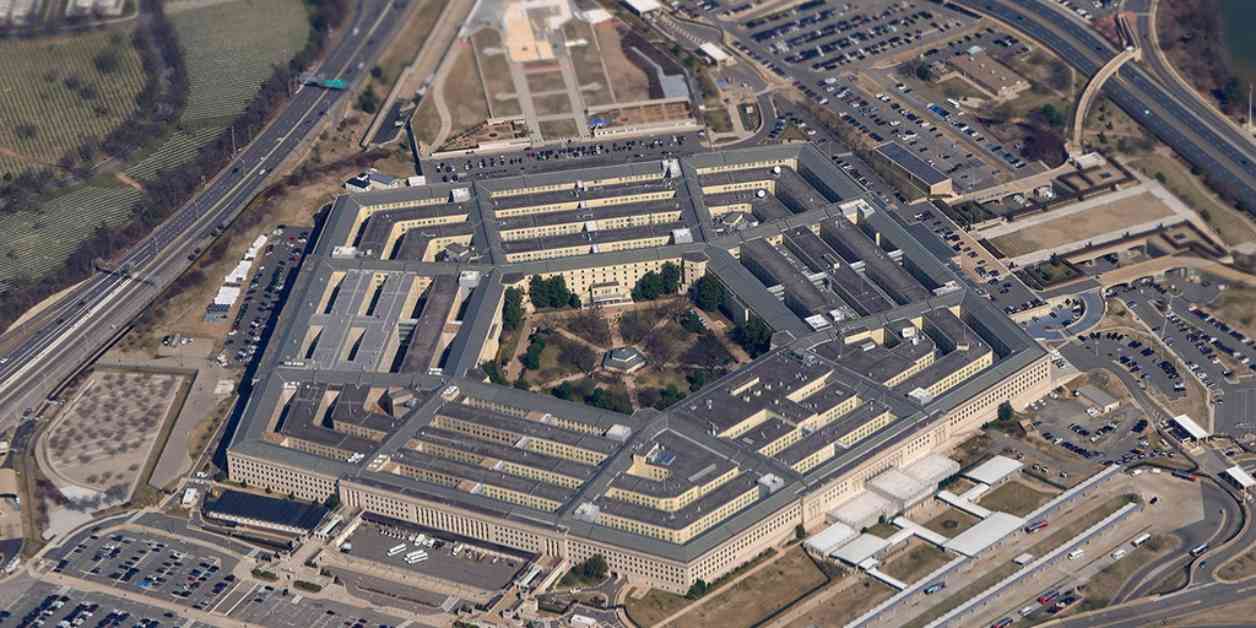At the peak of the COVID-19 pandemic, the U.S. military initiated a covert operation to counter China’s influence in the Philippines. This clandestine campaign aimed to cast doubt on the safety and efficacy of vaccines and aid provided by China. Through fake social media accounts impersonating Filipinos, the military’s propaganda evolved into an anti-vax campaign, questioning the quality of China’s Sinovac inoculation.
This secret anti-vax effort started under former President Donald Trump and continued into President Joe Biden’s administration. Despite concerns raised by social media executives, the Pentagon persisted with the campaign until it was halted in mid-2021. The U.S. military targeted regions beyond Southeast Asia, tailoring its propaganda to Central Asia and the Middle East, spreading fear about China’s vaccines among Muslims.
The Pentagon’s anti-vax messaging intensified by highlighting the presence of pork gelatin in the Chinese vaccines, sparking controversy in the Muslim world. This misinformation campaign aimed to undermine trust in China’s vaccines, even though they were approved by the World Health Organization. The covert operation also extended into spreading false information about the origins of COVID, escalating the disinformation war between the U.S. and China.
The revelation of this secret propaganda operation has sparked outrage among public health experts and officials. The unethical use of misinformation to achieve geopolitical gains endangered lives and eroded public trust in government health initiatives. The U.S. military’s disregard for the collateral impact of its propaganda on innocent civilians, especially in vulnerable regions like the Philippines, has been widely condemned.
Despite internal reviews and calls for accountability, the Pentagon’s clandestine influence operations are set to continue. The military’s strategic focus on using disinformation to undermine adversaries like China and Russia underscores the growing importance of information warfare in global conflicts. The implications of these covert propaganda efforts go beyond geopolitical rivalries, raising questions about the ethical boundaries of psychological operations and the potential consequences on public health and international relations.


















